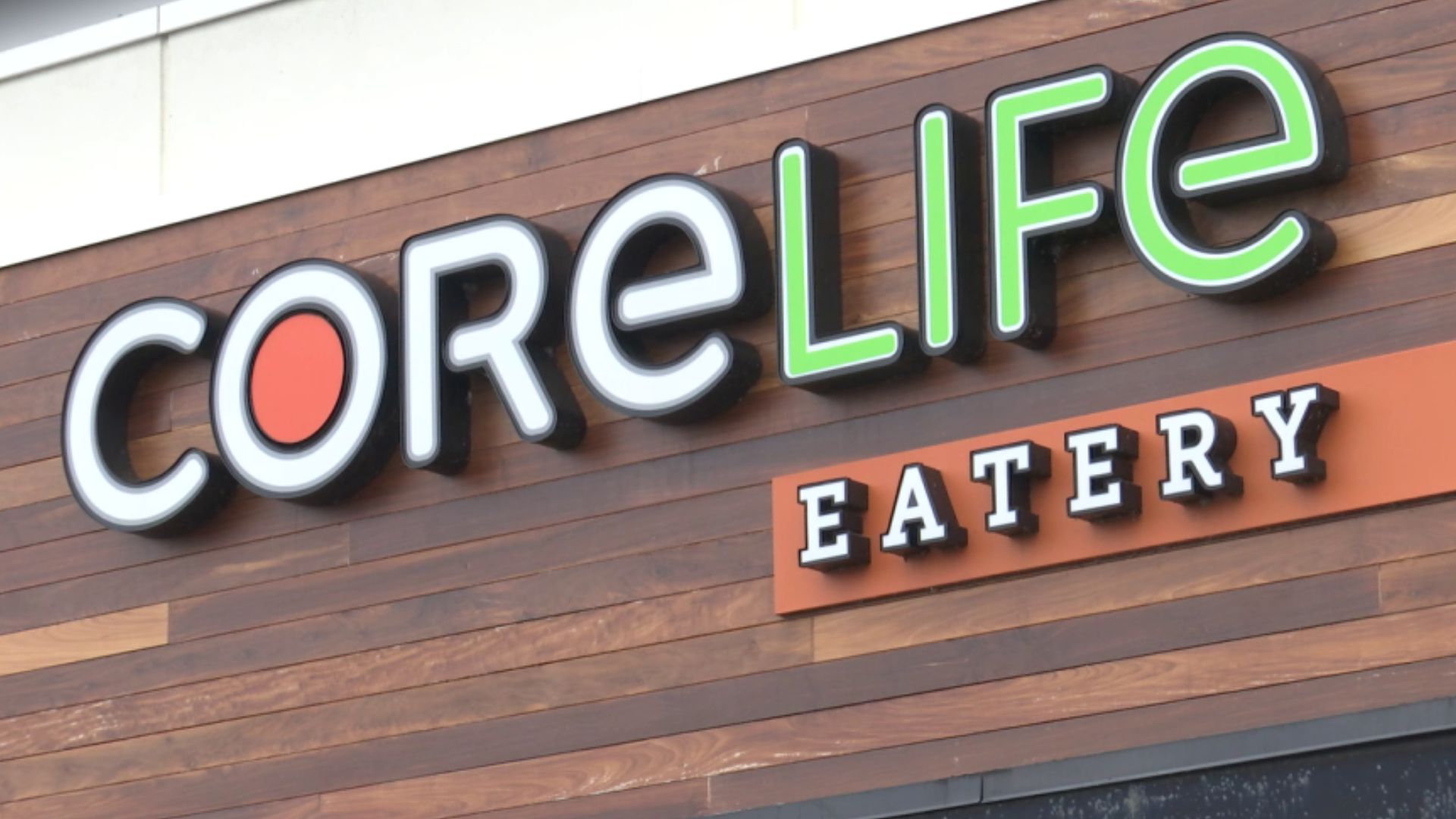State
CoreLife Eatery agrees to pay $7.8 million after falsely claiming eligibility for federal pandemic-relief funding

Albany, New York – In a significant federal settlement, CoreLife Eatery, LLC—a fast-casual restaurant chain with dozens of locations across several states—has agreed to pay over $7.8 million to resolve allegations that it falsely claimed eligibility for pandemic-relief funding intended for small businesses.
The settlement, announced by the U.S. Attorney’s Office in Albany, New York, holds CoreLife accountable for violations of the False Claims Act related to the Restaurant Revitalization Fund (RRF), a federal aid program created to help restaurants struggling during the COVID-19 pandemic. At issue was the company’s application for funding in 2021, which federal authorities say included false information regarding its eligibility.
“The Restaurant Revitalization Fund was created to support certain small businesses facing the economic hardships of the COVID-19 pandemic,” said United States Attorney John A. Sarcone III. “By submitting false information about its size to obtain a grant, CoreLife not only diverted funds from eligible recipients but also eroded public trust in critical relief efforts. Our office remains committed to enforcing the False Claims Act and holding accountable those who misrepresent their eligibility for federal funding.”
According to federal investigators, CoreLife and its affiliates operated 29 restaurant locations as of March 13, 2020. However, the RRF program—part of the American Rescue Plan Act passed in March 2021—explicitly excluded businesses with more than 20 locations. Despite this clear rule, CoreLife’s managing member submitted an RRF application in May 2021 falsely stating that the company did not operate more than 20 locations. The application required applicants to respond to a direct question about business size and included a warning that ineligibility would result from exceeding the limit.
Further, the application included a section where CoreLife’s representative initialed next to a statement certifying the company had fewer than 20 locations. Based on this false representation, the Small Business Administration awarded CoreLife pandemic relief funds it was not entitled to receive.
The settlement requires CoreLife to return $7,809,373 to the federal government. While the company did not contest the facts outlined in the investigation, it formally admitted to owning and operating more than 20 restaurant locations at the time of its application—confirming that it had not been eligible to receive the grant.
The matter began as a qui tam complaint filed under the False Claims Act, a law that allows private citizens to sue on behalf of the government in cases of fraud. If the lawsuit leads to a recovery, the whistleblower—known as the “relator”—is entitled to a portion of the settlement. In this case, the relator will receive $1,171,405.96 from the total amount recovered.
“Those who violate the False Claims Act by fraudulently receiving and retaining SBA program funding will be held accountable,” said SBA Office of Inspector General’s Eastern Region Special Agent in Charge Amaleka McCall-Brathwaite. “This settlement demonstrates that wrongfully obtaining taxpayer dollars will not go unnoticed. Violators will be identified and pursued. I want to thank the Department of Justice for its support and dedication to pursuing justice in this case.”
The investigation involved coordination between several federal agencies, including the U.S. Attorney’s Office for the Northern District of New York, the Small Business Administration’s Office of Inspector General, and the SBA’s Office of General Counsel. The legal proceedings were handled by Assistant U.S. Attorneys Adam J. Katz and Christopher R. Moran, along with Department of Justice Trial Attorney Samuel Robins.
The case—United States ex rel. Howitt v. CoreLife Eatery, LLC, et al., No. 3:24-cv-0263 (N.D.N.Y.)—is a stark example of how federal authorities continue to scrutinize the distribution of emergency relief funds. As government agencies work to ensure accountability in pandemic-era programs, this settlement reinforces the risks companies face when attempting to sidestep eligibility rules.
While the pandemic has long since peaked, its economic and legal aftershocks are still being felt across the business landscape. The CoreLife case underscores the government’s ongoing focus on protecting relief funds, ensuring they reach the businesses for whom they were intended, and punishing those who exploit the system for financial gain.

-

 Local News1 year ago
Local News1 year agoNew ALDI store close to Rochester to begin construction in late 2025 or early 2026
-

 Local News1 year ago
Local News1 year agoRochester Lilac Festival announces exciting 127th edition headliners
-

 Local News10 months ago
Local News10 months agoCounty Executive Adam Bello and members of the county legislature celebrate exceptional young leaders and advocates at the 2025 Monroe County Youth Awards
-

 Local News10 months ago
Local News10 months agoThe 2025 Public Market Food Truck Rodeo series will begin this Wednesday with live music by the Royal Bromleys